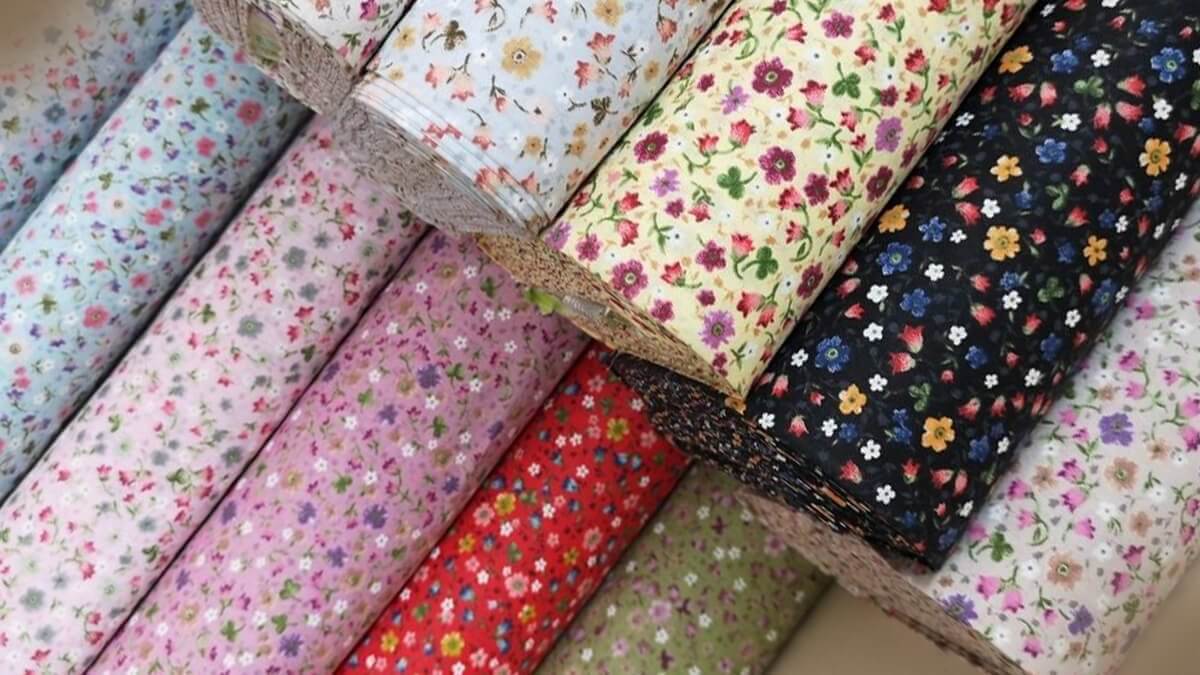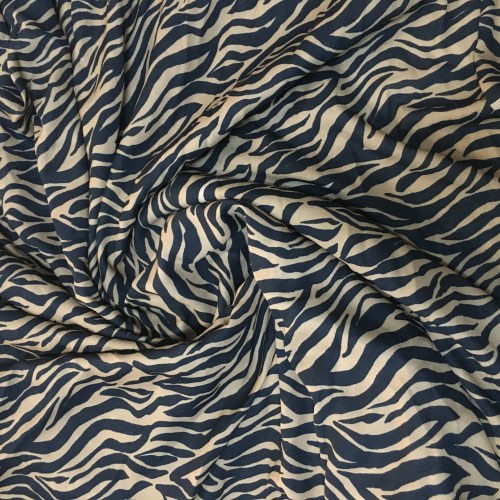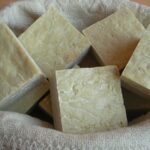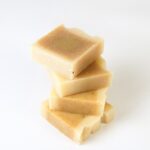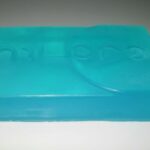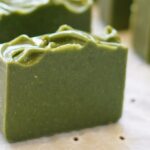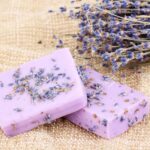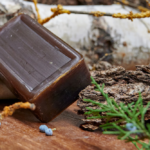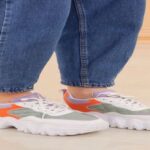What is Piece Fabric?
How is Piece Fabric?
Does Piece Fabric Make You Sweat?
Piece Fabric’s Features
Piece Fabric’s Usage Areas
Is Piece Fabric Flexible?
Does Piece Fabric Shrink When Washed?
Does Piece Fabric Keep You Warm?
Almost as in the field, the textile sector can also produce surplus in various situations. In such cases, the remaining excess fabrics are put on the market in order to bring them back into production. These products, which are called piece fabrics, are offered to users in a wide range and at more affordable prices. All about piece fabrics will be explained below.
Piece fabrics are the type of fabric that the manufacturer offers to people in need instead of recycling the excess fabric left in their hands. It is not possible to reuse fabrics up to 10 meters long, since large quantities of fabric are used in the production phase. In such cases, manufacturers put this piece of fabric left on the market at reasonable prices.
What is Piece Fabric?
The fabrics used during production are prepared in balls. However, in some cases, the end of these fabric rolls can’t be machined. In such cases, instead of throwing away the excess fabric, which is in a completely solid commission, it is presented to the production in pieces. This situation, which is called as piece fabric, has a very wide product range.
How is Piece Fabric?
Pieces of fabric may vary considerably depending on the product offered for sale. As a matter of fact, there are dozens of fabric types and different weaving techniques today. Many types of fabrics can be offered in pieces, from American cloth to satin poplin to satin.
Does Piece Fabric Make You Sweat?
Although it varies according to the piece of fabric and weaving technique, while some of the fabrics sweat, this is not the case in most of them. If the offered piece of fabric is produced for summer textile products and has high air permeability, sweating will not be possible. However, the situation will be the opposite for winter products and fabrics using thick embroidery techniques.
Features
The most distinctive feature of piece fabrics is that they are presented to users in small sizes. As a matter of fact, they are suitable for sewing one or two clothes, as they do not have sufficient dimensions for large-scale production machines. On the other hand, piece fabrics have a wide range of products and are also known for being easily accessible. These products, which are offered at a much more affordable price than the normal market price, are also not defective or faulty. Because the main purpose of piece fabrics is not to present defective products to users, but to re-use the surplus ones.
Usage Areas
Piece fabrics are preferred for many usage areas today. Generally, dresses, shirts, scarves and woven products are found in the use of piece fabrics.
Is Piece Fabric Flexible?
As mentioned above, piece fabrics have a wide range of products. The piece fabric that is currently on sale is as flexible as in poplin products, and this flexibility can be eliminated in satin products. The point to be considered here will be the purpose for which the piece of fabric will be used.
Does Piece Fabric Shrink When Washed?
Depending on the fabric to be preferred, whether it shrinks or not when washed varies completely. However, manufacturers usually provide detailed information about the conditions under which the product should be washed and used before presenting the piece fabrics to the users. Before choosing a piece of fabric that will be suitable for your intended use, you can have more detailed information about the washing conditions by paying attention to its structure and type.
Does Piece Fabric Keep You Warm?
Whether piece fabrics keep warm or not depends on the product to be preferred, the frequency and thickness of weaving. If you want to choose a piece of fabric for a clothing product that you will use in winter, the thing you should pay attention to is the season for which the product is produced. Fabric type, thickness, structure and form help you to sew clothing products that will keep you warm in winter.
